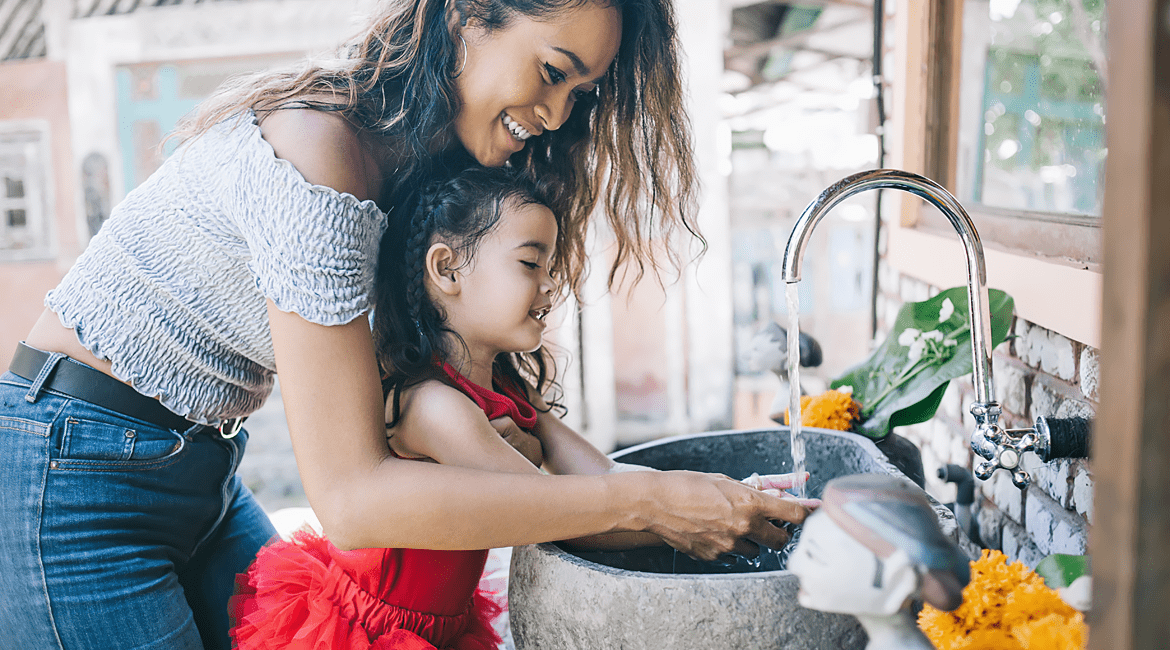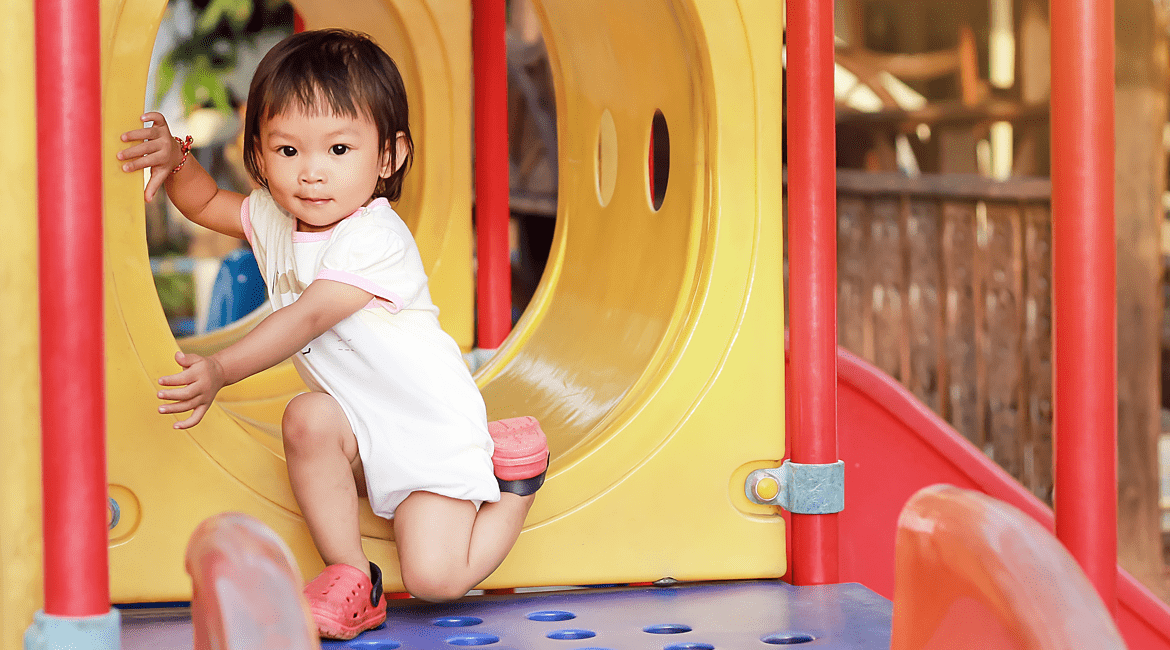Getting your child clean can be challenging, yet it is something that you must do. Their tiny hands are almost always reaching out to touch everything they see. Although this may be part of their development process, especially if they are toddlers, it is still not safe for them to grab everything to avoid getting sick. Keeping your child safe from bacteria and germs is of utmost importance regardless of their age. g that you must do. Their tiny hands are almost always reaching out to touch everything they see. Although this may be part of their development process, especially if they are toddlers, it is still not safe for them to grab everything to avoid getting sick. Keeping your child safe from bacteria and germs is of utmost importance regardless of their age.
Places Children Can Pick Up Bacteria and Germs
Germs can be found everywhere in the environment. Whether it be a school, a park, or any other place, and children can contact germs and bacteria from these places. Here are some common areas where your child can pick up bacteria and germs.
At the Playground
Playgrounds and childcare facilities are fun-filled places for your children—but they’re also full of kids’ germs. Most of these playgrounds have germs due to the number of children that use their toys and equipment there.
The Bathroom
Most bathroom toys are the perfect host for bacteria and germs since water is often caught inside them. Always make sure that bathroom toys are completely air-dried to reduce the number of germs and bacteria found in the bathroom.
High Chairs
As a parent, you know how messy it can be when your child feeds themselves on their high chairs. Over time, they become stained, which exposes them to germs and bacteria.
Sport Centers
If your child is physically active, their sporting equipment and kits are likely to harbor bacteria and germs.
It’s practically impossible to keep your child’s hands-off equipment in sporting centers, so instead focus on keeping their fingers out of there and use alcohol-based gel to clean their hands after the activity.
The Pediatrician’s Waiting Room
With all the sick little children that go to the pediatricians for check-ups and tests, the waiting room is a definite place for your child to contact germs and bacteria.
Take along their toys and books, so they don’t play with the available ones there. After seeing the doctor, please have your child wash their hands, so that they will be less likely to contract the germs from other kids.
Tips for Protecting Your Children from Bacteria and Germs
It is practically impossible to get rid of all the germs and bacteria. Instead, you can take measures to protect your children.

Wash Their Hands
The importance of washing your child’s hands cannot be emphasized enough. Washing their hands well and often is the best way to beat these tiny warriors.
Encourage your kids to wash their hands often, with regular soap and water, to reduce these germs and bacteria.
Proper hand hygiene has been shown to reduce germs and bacteria spread, especially when your kids are done playing and communicating with friends. Always remind them to wash their hands throughout the day.
Regularly Clean and Disinfect Your House
Spending time to do house cleaning can go a long way in protecting your kids from germs and bacteria. Wipe down objects around the house that get touched a lot, such as toys, doorknobs, light switches, sink fixtures, and flushing handles on toilets.
Disinfect your kitchen surfaces after preparing a meal because bacteria and germs in foods like uncooked beef and chicken can survive for hours. Be sure to wash your hands after you clean up too.
Vaccinate Your Little Children
Another tip to keep your children safe from germs is to ensure they have the right vaccination (or immunizations) to help their body fight against illnesses caused by germs or bacteria.
You can’t control what your child is exposed to or how bad the case might be when they get exposed to these germs and bacteria. That is why vaccines are essential for your child’s health; they are the best way for parents to keep their children free of infection when exposed to these bacteria and germs.
Even in their smallest but most effective form, vaccines boost a child’s natural defense and train their immune system to protect the body against dangerous bacteria and germs that invade the body.
Avoid Gatherings When Sick
According to the Centre for Disease Control and Prevention (CDC), children shouldn’t go to mass gatherings, mostly schools, or daycares when they are sick. The symptoms could be pink eyes, severe coughs, vomiting, fever above 100°F, sore throat, or migraines.
To protect your child from bacteria and germs, steer clear of the things and places that can spread these germs or bacteria.
If your child is still a toddler, it is advisable to limit where you take your baby to, because they can easily pick up a bug when exposed to large numbers of people in a confined space.
Educate Your Children
Talking about bacteria and germs may be scary to your child, but they must know how to protect themselves.
Since they spend so much time with other children in daycares and schools, they are most likely to spread germs and get sick.
Remember to use a calm tone and be direct when educating your child on bacteria and germs, because they are usually unaware of these little measures, they can take to prevent the spread.
Adequate Sleep
Adequate sleep for children can help in boosting their body’s immunity. Inadequate sleep limits the body’s ability to produce proteins called cytokines that help fight against diseases in children. The sleep requirements vary by age for each child.
Pre-schoolers (ages 3-5), should get between 10 and 13 hours of sleep at night. While children aged 6 to 13 should get between 9 and 11 hours of sleep at night. So, you must ensure your child gets enough sleep.
Conclusion
As a parent, it’s easy to get stressed out about possible germs and bacteria that can affect your child’s health.
Although there is no fool-proof way to protect your child from germs and bacteria, it is helpful to know that they have tougher immune systems than we think. Also, if you follow these tips, you will go a long way towards keeping your children safe and healthy.


